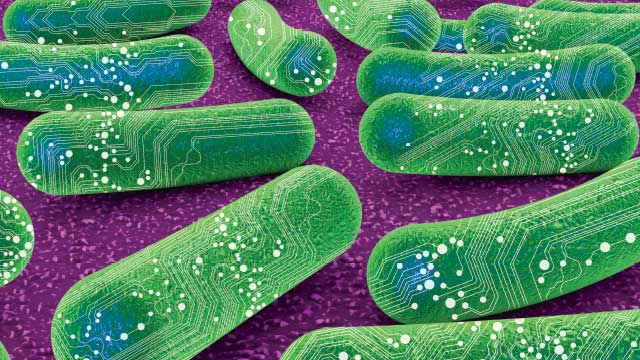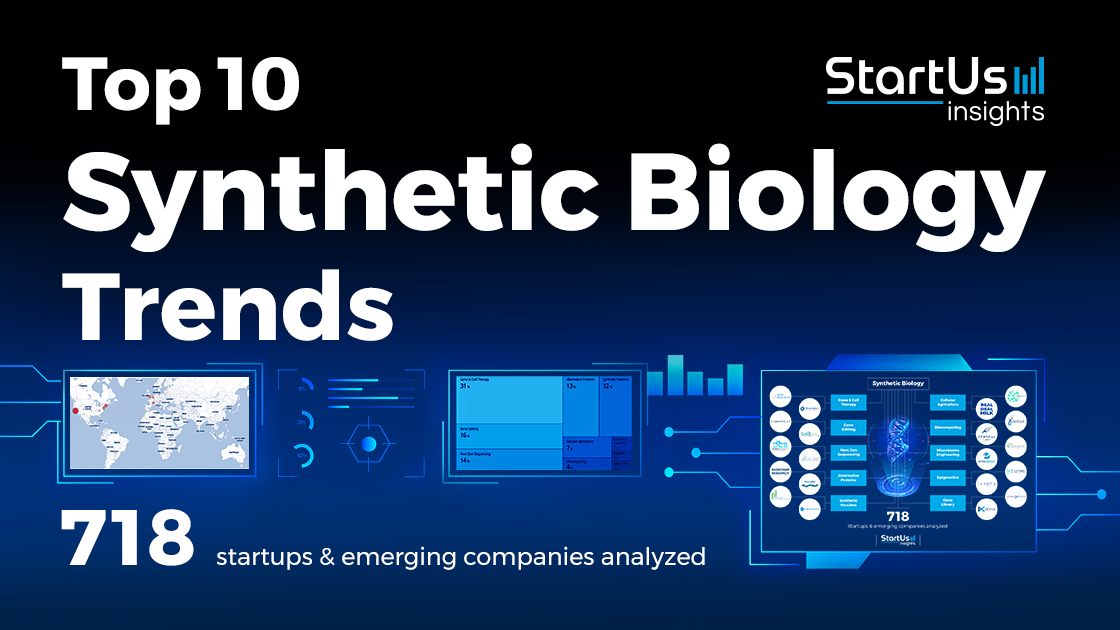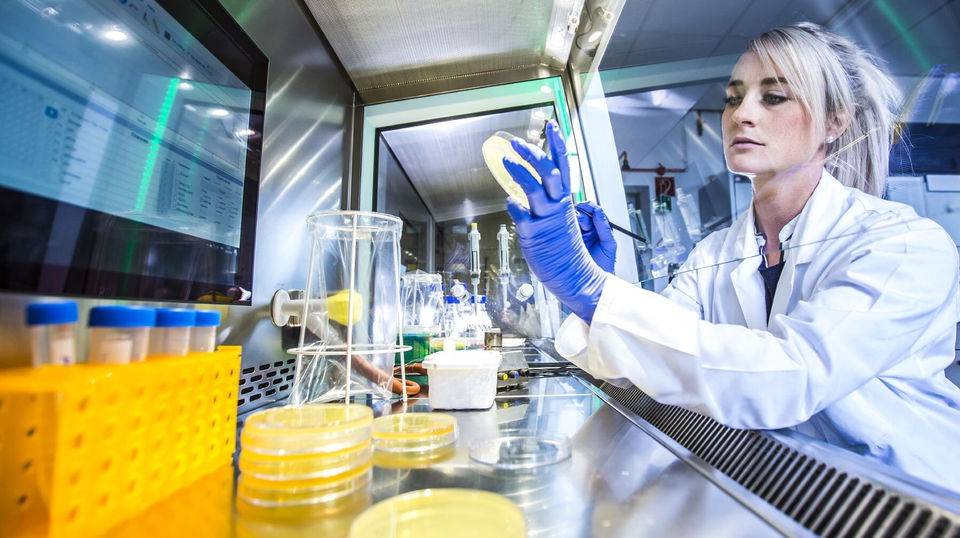The Dawn of Biological Engineering
For centuries, engineering has focused on manipulating the physical world – building bridges, designing circuits, crafting machines. But a new frontier is emerging, one that leverages the very building blocks of life itself: synthetic biology. This revolutionary field blends engineering principles with biological systems, allowing us to design, build, and modify biological parts, devices, and systems. It’s not just about understanding nature; it’s about redesigning it to solve some of humanity’s most pressing challenges.
Engineering Life: From Genes to Systems
At the heart of synthetic biology lies the ability to manipulate DNA, the genetic blueprint of life. Scientists can now synthesize artificial genes, modify existing ones, and even construct entirely new genetic circuits. This precise control allows engineers to program cells to perform specific tasks, such as producing valuable chemicals, detecting pollutants, or even fighting diseases. This precise manipulation moves beyond simply observing biological processes; it allows us to design and implement them from the ground up.

Applications Across Industries
The potential applications of synthetic biology are vast and span numerous industries. In medicine, researchers are developing new therapies for cancer and genetic diseases, creating engineered microbes to deliver drugs directly to tumors, and even designing synthetic organs. In agriculture, synthetic biology promises to increase crop yields, enhance nutritional value, and create pest-resistant plants. The environmental sector benefits from bioremediation techniques, utilizing engineered microbes to clean up pollutants and restore damaged ecosystems.
Addressing Global Challenges with Synthetic Biology
Synthetic biology offers innovative solutions to some of the world’s most pressing problems. The looming threat of climate change can be tackled through engineered microbes capable of capturing carbon dioxide from the atmosphere or producing biofuels. The growing global demand for food and resources can be met by developing more efficient and sustainable agricultural practices. Even the challenge of providing clean drinking water can be addressed through engineered systems that efficiently remove contaminants.
The Ethical Considerations of Synthetic Biology
With such immense power comes significant responsibility. The ethical implications of synthetic biology must be carefully considered. Concerns surrounding unintended consequences, potential misuse of the technology, and equitable access to its benefits need careful evaluation and robust regulation. Open dialogue involving scientists, policymakers, and the public is crucial to ensure the responsible development and application of this powerful technology.
The Future of Synthetic Biology: Collaboration and Innovation
The field of synthetic biology is rapidly evolving, driven by continuous advancements in gene editing technologies, bioinformatics, and automation. Increased collaboration between engineers, biologists, and other disciplines is essential to accelerate innovation and overcome technical challenges. The future of synthetic biology lies not only in pushing the boundaries of scientific knowledge but also in fostering a responsible and ethical approach to harnessing its immense potential for the betterment of humanity.
Overcoming Hurdles and Fostering Growth
While the potential is enormous, challenges remain. Predicting the behavior of complex biological systems can be difficult, and ensuring the safety and containment of engineered organisms is paramount. Funding and infrastructure also play critical roles, necessitating increased investment in research and development. Addressing these challenges collaboratively will pave the way for a future where synthetic biology delivers on its transformative promise.
Education and Workforce Development in Synthetic Biology
The rapid expansion of synthetic biology necessitates a skilled workforce capable of driving innovation and addressing ethical considerations. This requires investment in education and training programs that equip students with the necessary interdisciplinary knowledge and skills. Cultivating a future generation of synthetic biologists is critical to ensuring the responsible and sustainable development of this transformative field.
From Lab to Market: Commercializing Synthetic Biology Innovations
The translation of synthetic biology discoveries into commercially viable products and services is crucial for realizing its full potential. This involves navigating complex regulatory landscapes, securing funding, and establishing efficient manufacturing processes. Bridging the gap between research and commercialization will unlock the transformative power of synthetic biology across various sectors.




